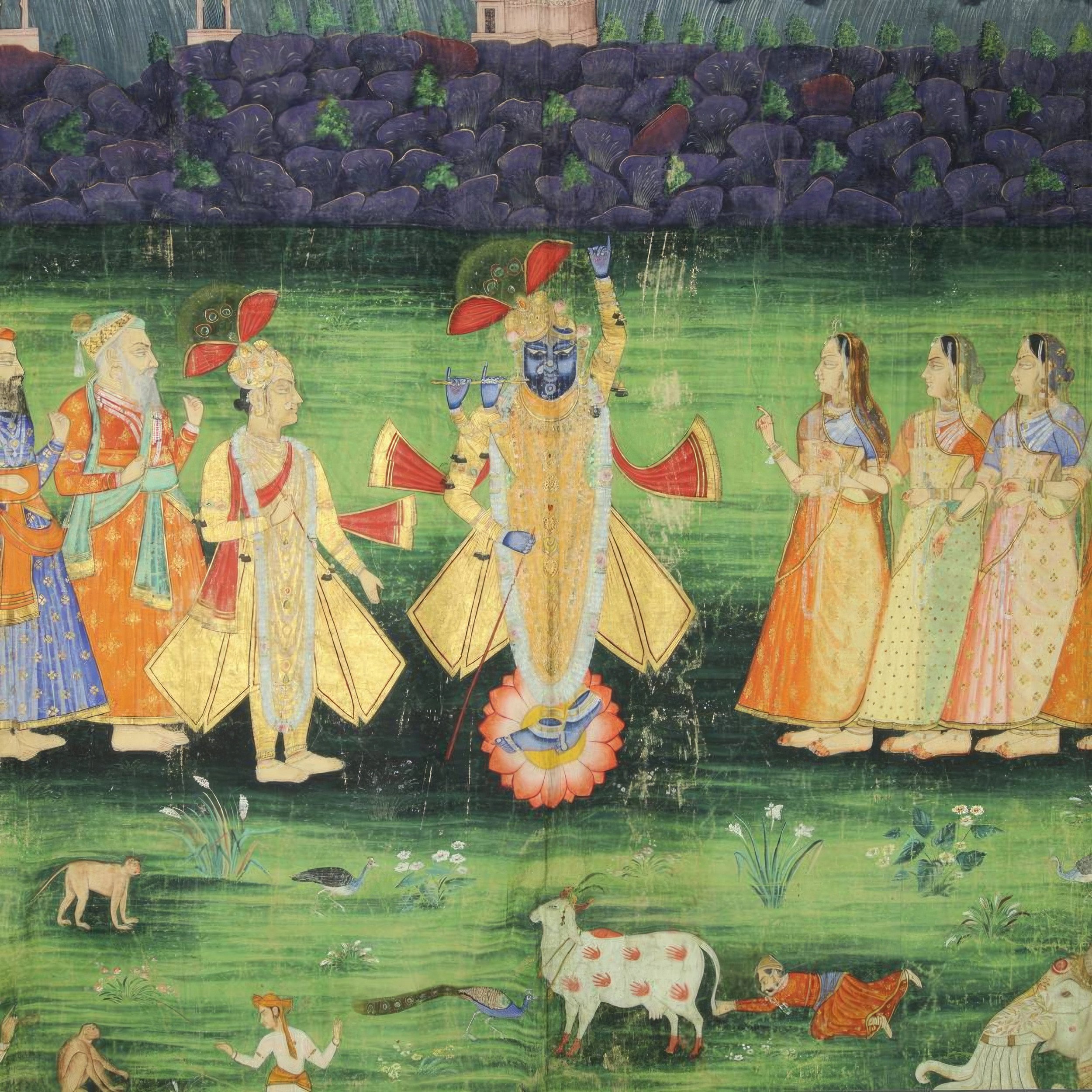
Love Notes: From Krishna to Puccini
February 8
12:00pm
Primitive, 4th floor
Concert Program
Allegro non tanto Adagio Menuetto-Allegro non tanto Allegretto con moto
Gaspard Kummer
Flute Quintet in D Major, Op. 66
"Crisantemi"
Giacomo Puccini
String Quartet No. 11 In F minor Op. 95, “Serioso”
L.v. Beethoven
Allegro con brio Allegretto ma non troppo Allegro assai vivace ma serioso Larghetto espressivo
The audience favorite is back again for February. Love has been long mined by artists for its multifaceted, complex and all-encompassing nature. Frustrated love, an unavoidable and fickle part of emotion, in particular has been a huge source of inspiration for the arts, especially for opera composers
As an iconic composer of opera, Puccini was an expert composer of musical expression. In writing "Crisantemi", or Chrysanthemums, he directed his talents at the string quartet, composing the work out of grief, having learned of the death of his close friend. Puccini later used the theme in his opera "Manon Lescaut" as the two lovers walk off towards death and declare their ill-fated love for each other. As he was in a continuous state of anxiety, agitation and simultaneous contempt and laudation for his fellow man, one of Beethoven’s greatest contributions to music, and art in general, is the use of the art form as a means of self expression and an instrument of personal perspective. Fresh off of another, particularly painful, failed love affair combined with the chronic precariousness of his health, worsening deafness and financial insecurity, Beethoven found himself in a state of especially high emotional distress in 1810. Seemingly pouring these frustrations into his composing, he gave the name of his 11th string quartet "serioso." Peppered with bursts of intensity and drama, unusually short movements, the work clearly depicts his unfortunate mental and emotional state.Krishna, Radha and Love
One of the greatest love stories of all time is the Hindu legend of Radha and Krishna. Krishna, the incarnation of Lord Vishnu, grew up in the small cow-herding village of Vrindavan and fell in love with a gopi, or milk maid named Radha.
Krishna left Vrindavan to safeguard the virtues of truth. Years passed with no word from Krishna, but Radha waited dutifully for him to return. At long last, Krishna returned for Radha and she became his greatest consort. Their love was so great that Krishna-worship was thought to be incomplete without the deification of Radha and she became venerated as a supreme goddess. The enduring love story between Radha and Krishna inspired not only devotees but also poets, painters, sculptors and musicians age after age. Together they have come to represent the ultimate union of what can be called the true embodiment of love. Their partnership ultimately represents the highest form of devotion between two people, the quest for union with the divine and the transcendental nature of eternal love.

